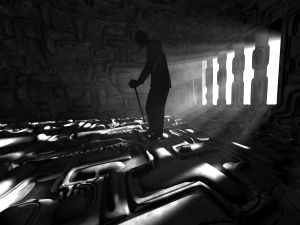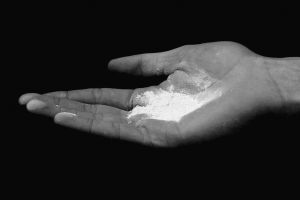The Florida Supreme Court recently made changes in the law which allow jurors to take notes and question witnesses in civil cases. As for criminal cases, the judge presiding over the case may decide whether or not to permit such questioning. Some Florida judges permit this type of questioning routinely. For instance, Judge Michael Andrews is the judge presiding over the Diullio murder trial in New Port Richey, Florida. He allowed jurors to ask questions during the trial. The questions were submitted to the judge in writing to determine if the questions may be asked. For example, while a jurors were permitted to ask what clothing Diullio and his co-defendants were wearing on the night of the murder, they were not permitted to ask whether Diullio had a criminal record. The reason this question was not asked is because it violates the Florida Rules of Evidence. Therefore, Florida jurors may not ask a question that an attorney would not be permitted to ask.
Some Florida judges do not allow jurors to ask questions in criminal cases. Circuit Court Judge, Pat Siracusa, does not permit such questioning. She believes that it is the prosecutors burden to prove the case. When jurors ask questions, they leave their role of the neutral fact-finder and become investigators.
To learn more about John Ditullio’s murder trial, visit www.tampabay.com. If you have questions about a Florida Criminal Case, contact a Jacksonville Criminal Attorney.
 Jacksonville Criminal Defense Lawyer Blog
Jacksonville Criminal Defense Lawyer Blog





